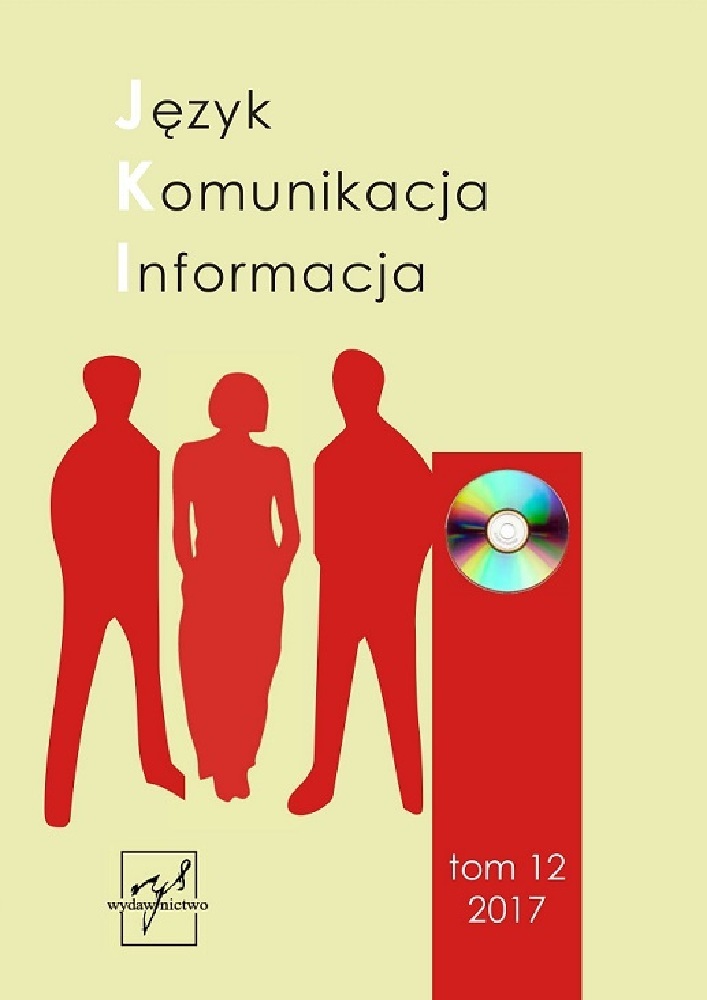Abstract
The nation state is a form of government that merges a dominant ethnic or culture group with a political entity on a shared territory. It dates from the 17th and 18th centuries and it was the dominant state form in the 19th and 20th centuries. In this model, government legitimacy stems from providing services (such as education, infrastructure and social programs) to the citizenry. Esperanto is a product of the nation state period and much of the symbolism and structure of the Esperanto movement is tied to nation state ideas. At present however, according to many social and political analysts, this form of state organization is now in decline and a new state form, often referred to as the market state, is emerging. In the market state the relationship between citizens and governments, as well as governments with each other, undergo profound, far reaching changes. This article examines opportunities and obstacles that this new state form poses for the Esperanto movement.References
Anderson, B. R. 1983: Imagined Communities: Reflections on the Origin and Spread of Nationalism. London: Verso.
Aray, B. 2017: Sylvia Pankhurst and the international auxiliary language. Język Komunikacja Informacja 12: 103-112.
Bauman, Z. 2012: Liquid Modernity. Cambridge, UK: Polity.
Bauman, Z. 2004: Work, Consumerism and the New Poor (second ed.) New York: McGraw Hill.
Bobbit, P. 2008: The Shield of Achilles: War, Peace, and the Course of History. New York: Knopf.
Farris, M. 2014: The psychological economy of the English language industry. Język Komunikacja Informacja 9: 27-37.
Kohn, H. 1944: The idea of nationalism: A study in its origins and background. New York. MacMillan.
Wood, R. E. 1979. A Voluntary, Non-Ethnic, Non-Territorial Speech Community. In: Mackey, W. F. & Ornstein, J. (eds): Sociolinguistic Studies in Language Contact. The Hague: Mouton. 433-450.
Web references (retrieved 26.03.2018)
Esperanto Civito http://www.esperantio.net/
Handelsblatt Global Edition 2018: Five Ways Germany is Failing Refugees https://global.handelsblatt.com/politics/five-ways-germany-failing-refugees-880166
Manifesto de Raŭmo http://www.esperantio.net/index.php?id=10
New York Times 2015: In Europe, Fake Jobs Can Have Real Benefits https://www.nytimes.com/2015/05/31/business/international/in-europe-fake-jobs-can-have-real-benefits.html
New York Times Magazine 2015: Trudeau’s Canada, Again
https://www.nytimes.com/2015/12/13/magazine/trudeaus-canada-again.html
Pasporta Servo https://pasportaservo.org/pri-ni/
Svenska Dagbladet 2016: När polisen inte längre kan skydda https://www.svd.se/nar-polisen-inte-langre-kan-skydda
TechCrunch 2015: The Battle Is For The Customer Interface https://techcrunch.com/2015/03/03/in-the-age-of-disintermediation-the-battle-is-all-for-the-customer-interface/
License
Open Access Policy: This journal provides immediate open access to its content on the principle that making research freely available to the public supports a greater global exchange of knowledge.
By sending their contributions authors accept that papers published in this journal are available online free of charge (Open Access) and are subject to the Creative Commons license 4.0 version BY-NC-ND.
